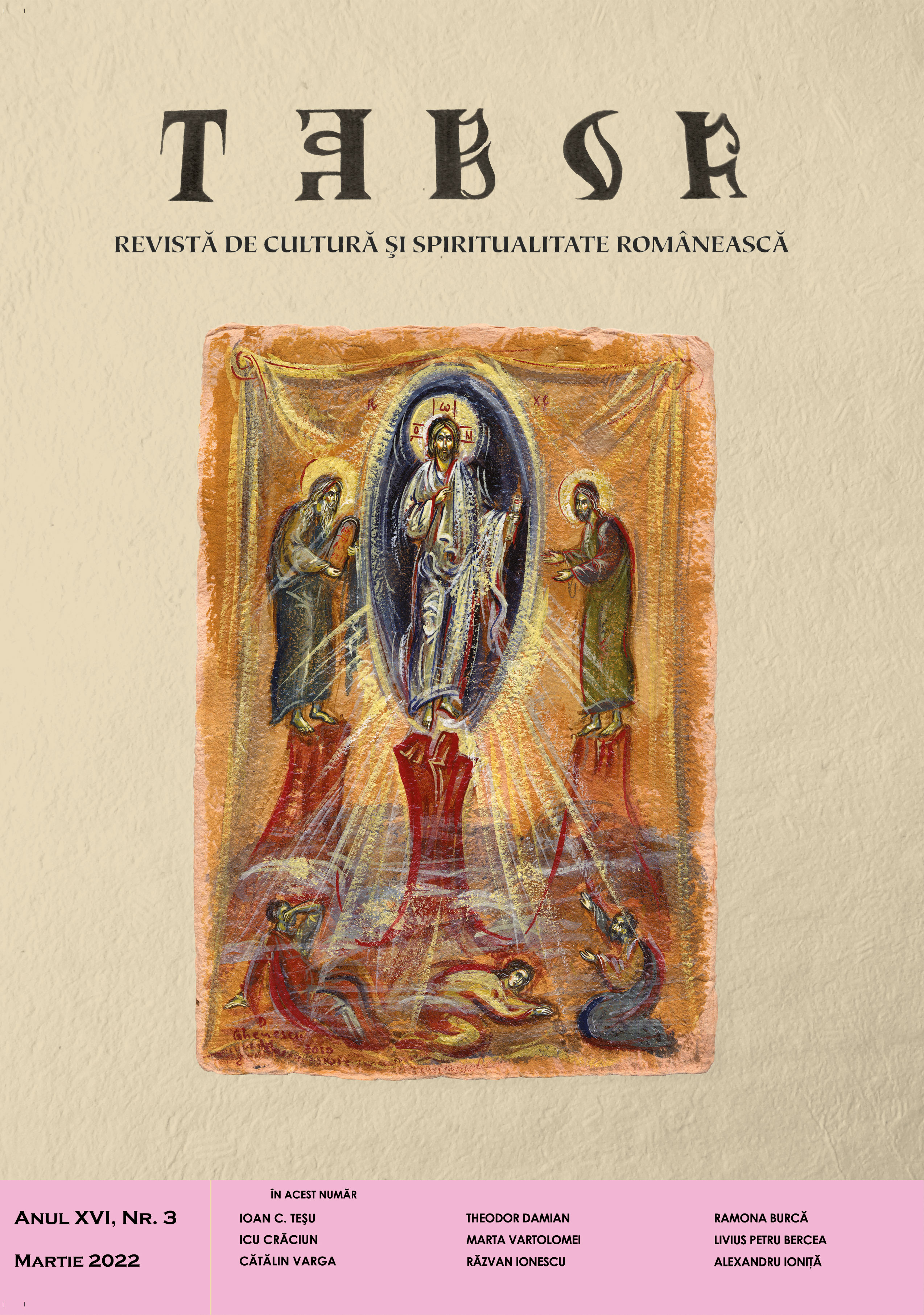Eminescu, diaspora română şi Ţara mamă
Eminescu, the Romanian Diaspora and the Motherland
Author(s): Theodor DamianSubject(s): Cultural history, Political history, 19th Century, Cultural Essay
Published by: Renaşterea Cluj
Keywords: Eminescu; Romanian people; Putna celebration from 1871; national unity; orthodox faith;
Summary/Abstract: Eminescu’s love for our nation’s fundamental values, our history, our culture and spirituality, regardless of the terminology, patriotism, nationalism, etc., remains an unwavering model for the Romanian man of integrity, authentic and complete. At the same time it was, and it remains even today, a risky attitude considered by the then Austro-Hungarian Empire, as well as by the nameless one of today, an existential threat to itself. What Eminescu did for Romania through the way he co-organized the first celebration of Romanians everywhere, at Putna Monastery in1871, demonstrated and validated his qualities as a skilled diplomat and politician aware of the intended goal. Eminescu’s intention was to gather the representatives of Romanians everywhere, symbolizing a great Dacia or Romania, but strategically he thought that the enthusiasm, the power, the capacity to mobilize and carry on the idea, the ideal of union was in the hands and hearts of the intellectual youth. For Eminescu, the national unity at the moral-spiritual level represented a project as sacred as the image of Stephen the Great and of the holy Monastery of Putna. Eminescu’s love for the fundamental values of his people, those related to history, civilization, language, religion, culture, among which a leading place is occupied by the ancestral Orthodox faith, has been demonstrated in many works published in the Romanian literature.
Journal: TABOR. Revistă de cultură şi spiritualitate românească
- Issue Year: XVI/2022
- Issue No: 03
- Page Range: 67-71
- Page Count: 5
- Language: Romanian
- Content File-PDF

